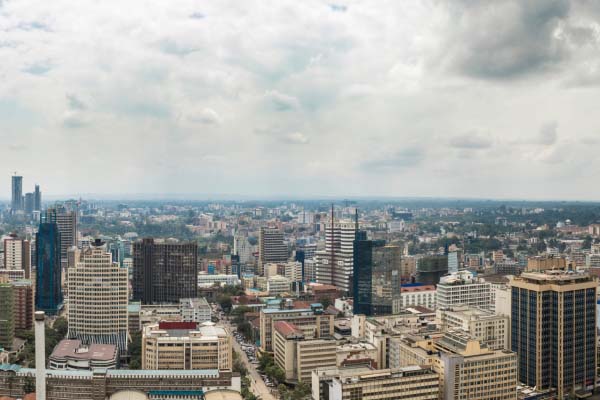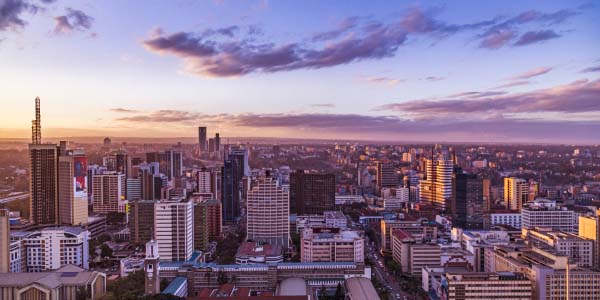Pumping and Dredging Project Consultation in Nairobi | Pump and Slurry
The primary industries in Nairobi, including energy production and utilities, heavily depend on pumping, dredging, and dewatering services to manage water resources efficiently. These services are critical for maintaining the functionality of hydroelectric dams and water treatment plants by controlling water flow and removing sediment buildup. Moreover, secondary industries like electronics manufacturing and chemical processing rely on these services to regulate water quality and ensure operational safety. Thus, pumping, dredging, and dewatering services are pivotal in sustaining the infrastructure and operations of both primary and secondary industries in Nairobi’s utility sector.

Pumping and Dredging Project Consultation in Nairobi
Pumping and dredging projects in Nairobi are crucial in managing water resources and mitigating the risks of flooding and sedimentation. These projects are essential for maintaining the functionality of water bodies such as rivers, lakes, and reservoirs, ensuring they remain navigable and ecologically sustainable. Removing excess sediment and debris through slurry pumping and dredging, these projects help prevent waterway blockages and enhance water quality, thus supporting various industries reliant on water-based transportation and recreation. Furthermore, pumping and dredging projects contribute to environmental conservation by restoring natural habitats and protecting vulnerable ecosystems from degradation and pollution.
In Nairobi, the sales and rentals of slurry pumps and dredging equipment are integral to supporting the implementation of pumping and dredging projects across the region. These services provide businesses and government agencies access to specialized equipment tailored to their specific project needs, enabling efficient and cost-effective water management and infrastructure maintenance solutions. Whether for temporary dredging operations or long-term waterway maintenance, the availability of slurry pumps and dredging equipment for sale or rent ensures that pumping and dredging projects in Nairobi can be carried out effectively and sustainably. These sales and rental services also contribute to the local economy by fostering innovation and entrepreneurship within the water management sector, driving technological advancements and job creation in the region.
Our Services
Consulting Services
Pumping & Slurry Transport
Dredging Consulting
Dewatering
Equipment Sales & Rentals
Equipment Rental
Equipment for Sale
Customization Services
Industries in Nairobi Requiring Slurry Pumping, Dredging, and Dewatering
Several industries in Nairobi require efficient pumping, dredging, and dewatering services to support their operations effectively:
Construction Industry
The construction sector relies on pumping, dredging, and dewatering to manage water levels at building sites, especially during excavation and foundation work. Efficient water management ensures stable construction and reduces the risk of structural damage caused by water accumulation.
Mining and Quarrying
Mining and quarrying operations in Nairobi heavily depend on pumping, dredging, and dewatering services to extract minerals and materials from the ground. These services facilitate the removal of excess water, allowing for safer and more productive mining activities while minimizing environmental impacts.
Agriculture and Irrigation
Nairobi’s agricultural industry requires efficient water management techniques, including pumping, dredging, and dewatering, to ensure optimal crop irrigation. These services help maintain soil moisture levels, prevent waterlogging, and enhance agricultural productivity in traditional and urban farming settings.
Manufacturing Sector
Various manufacturing processes in Nairobi, such as food processing, textiles, and pharmaceuticals, rely on pumping, dredging, and dewatering to regulate water usage and wastewater treatment. Efficient water management is essential for maintaining product quality, adhering to environmental regulations, and minimizing production costs.
Energy and Utilities
Nairobi’s energy and utilities sector, including power generation, water treatment, and wastewater management, depends on pumping, dredging, and dewatering to maintain infrastructure functionality. These services ensure the efficient operation of hydroelectric dams, water treatment plants, and sewage systems, contributing to reliable energy and water supply for residents and businesses.
Transportation and Logistics
Pumping, dredging, and dewatering are vital for maintaining Nairobi’s navigable waterways, ports, and harbors, supporting maritime transportation and logistics activities. Efficient water management facilitates the movement of goods and passengers, reduces transportation costs, and enhances the competitiveness of Nairobi’s trade and shipping industry.
Environmental Remediation
Industries involved in Nairobi’s environmental remediation and habitat restoration projects require pumping, dredging, and dewatering services to clean up contaminated sites and rehabilitate ecosystems. These services are crucial in mitigating pollution, restoring natural habitats, and promoting sustainable development practices in the region.
Conclusion
Industries in Nairobi rely heavily on efficient pumping and dredging projects to sustain operations and promote economic growth. From construction and mining to agriculture and manufacturing, these sectors benefit immensely from the proper management of water resources facilitated by such projects. By maintaining stable water levels, preventing flooding, and enhancing environmental sustainability, pumping and dredging projects play a vital role in supporting the diverse needs of Nairobi’s industrial landscape. Moreover, these initiatives ensure the smooth functioning of critical industries and contribute to the overall development and resilience of the city’s infrastructure. As Nairobi continues to evolve and expand, investing in pumping and dredging projects remains essential for fostering innovation, safeguarding resources, and fostering a thriving economy for future generations.






